As predicted by most ahead of qualifying at the Bahrain Grand Prix, Max Verstappen and Red Bull l took pole position on Friday, with Ferrari having missed out by around two-tenths of a second.
Whilst Charles Leclerc was beaten by Verstappen and will start in second, the Bahrain GP doesn't look set to be hopeless for Ferrari. Our technical analyst Paolo Filisetti extensively studied the RB20 and the SF-24 and, according to him, Ferrari is certainly not lost yet.
Although Leclerc was disappointed after qualifying in Bahrain, we got a better picture of the Ferrari SF-24 and its personality on Friday than was the case after pre-season testing and the three practice sessions.
During free practice it was not entirely clear whether the SF-24 really had different characteristics from its predecessor. That seemed to be the case after the test days, during which race pace was better. But did Ferrari have to sacrifice qualifying speed for that?
After qualifying, we can investigate that suggestion, as we finally got a real picture of Ferrari's performance. Most of the gap to Verstappen came from the first sector, where the RB20 was more efficient than the SF-24. Comparing Leclerc and Verstappen directly, we can see that the Ferrari car was better in terms of acceleration out of the corners.
In the middle sector, characterised by rapid changes of direction, the two drivers were hardly inferior to each other, although the SF-24 seemed to be less efficient than the RB20 at the end of the straights. Red Bull's efficiency is mainly due to the extreme design of the sidepods, which allow the car to suffer less drag.
Viewed by others:
Efficient Ferrari SF-24
The SF-24, though, is strong in rapid changes of direction, which can be traced to this year's new front suspension. Although it has the same layout as last year, the downforce is distributed differently.
The Maranello-based outfit has been able to fine-tune this during testing last week, and as a result, Leclerc and Sainz can steer more precisely into corners, with more stability at the Bahrain International Circuit.
When exiting the corners, the SF-24 benefits precisely from the new rear suspension, which has also been redefined. Ferrari's performance comes from a good interaction between the dynamic and aerodynamic balance, but the gap of two-tenths to Verstappen can only be partially attributed to Leclerc having used a set of softs in Q3 which he'd previously used in Q1.
On the other hand, it is worth emphasising that the actual gap to Red Bull is smaller than the stopwatch indicated at the end of Q3. Ferrari's race pace during the free practice sessions also shows that we cannot yet strip the Italians away from victory contention in Bahrain. At the very least, they should be able to narrow the gap to Red Bull compared to last year.
Don't miss out on any of the Formula 1 action thanks to this handy 2026 F1 calendar that can be easily loaded into your smartphone or PC.
Download the calenderMost read
In this article
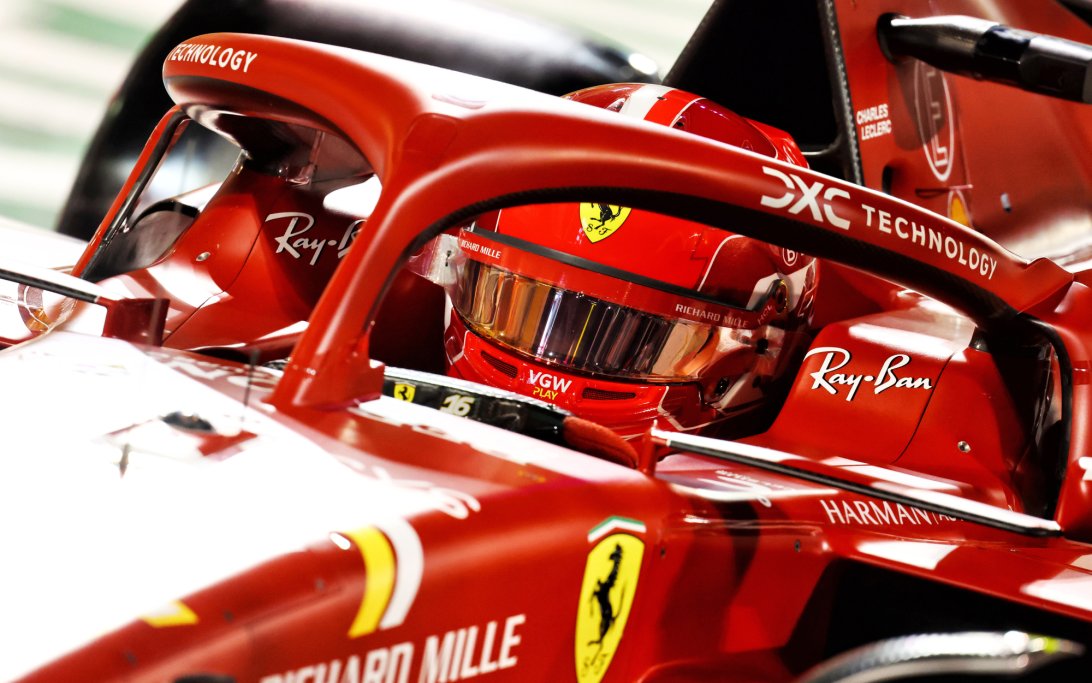
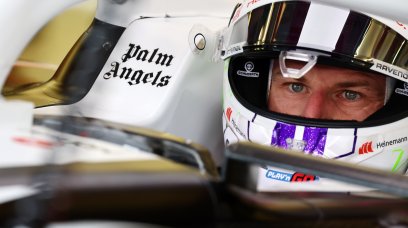
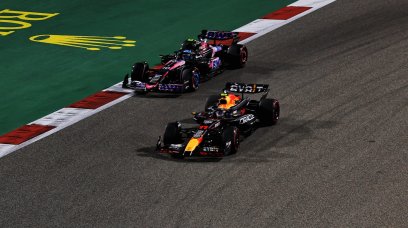
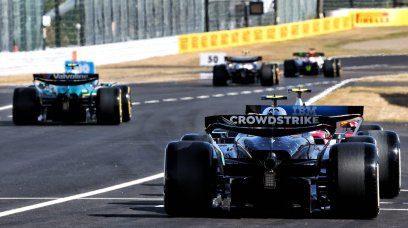
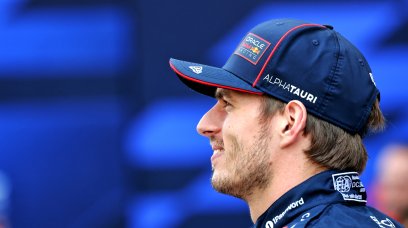
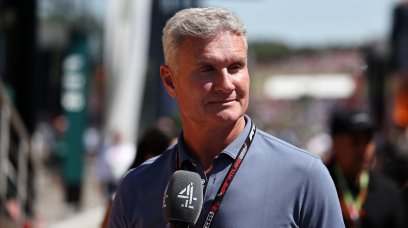
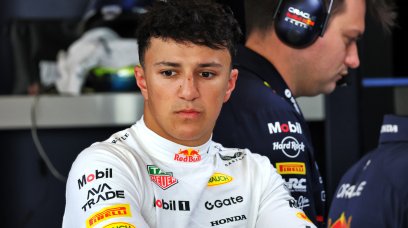
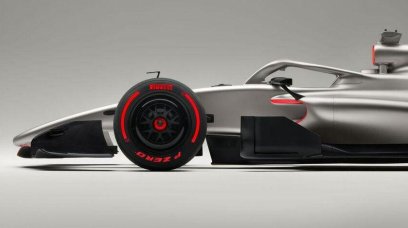
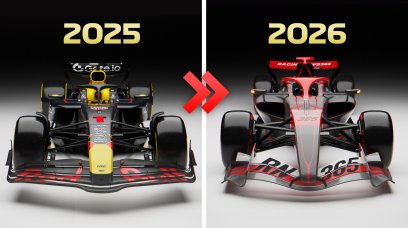
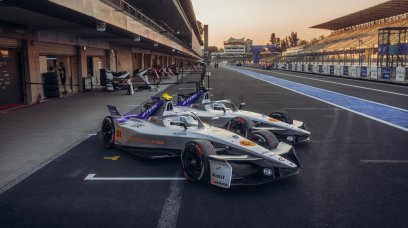

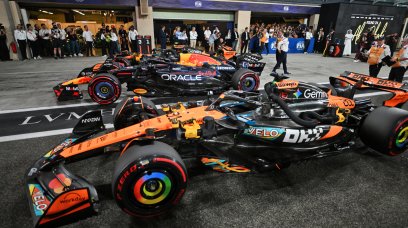
Join the conversation!